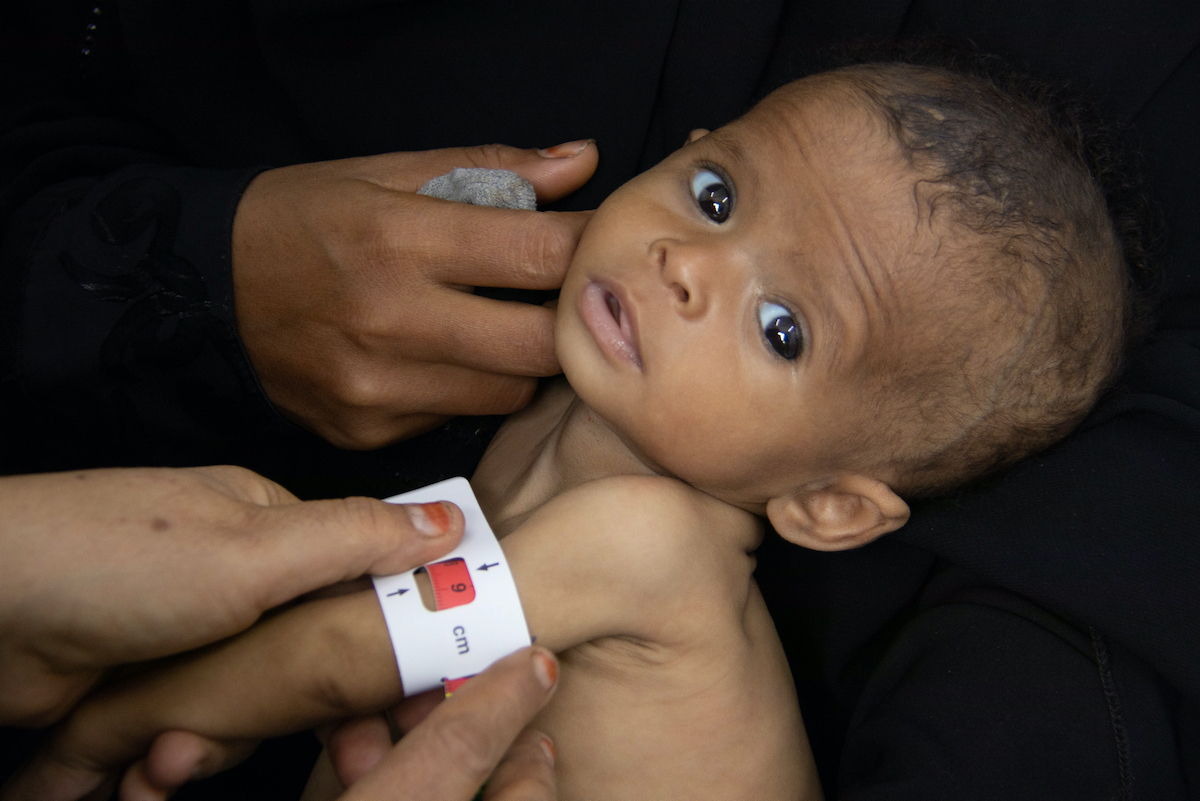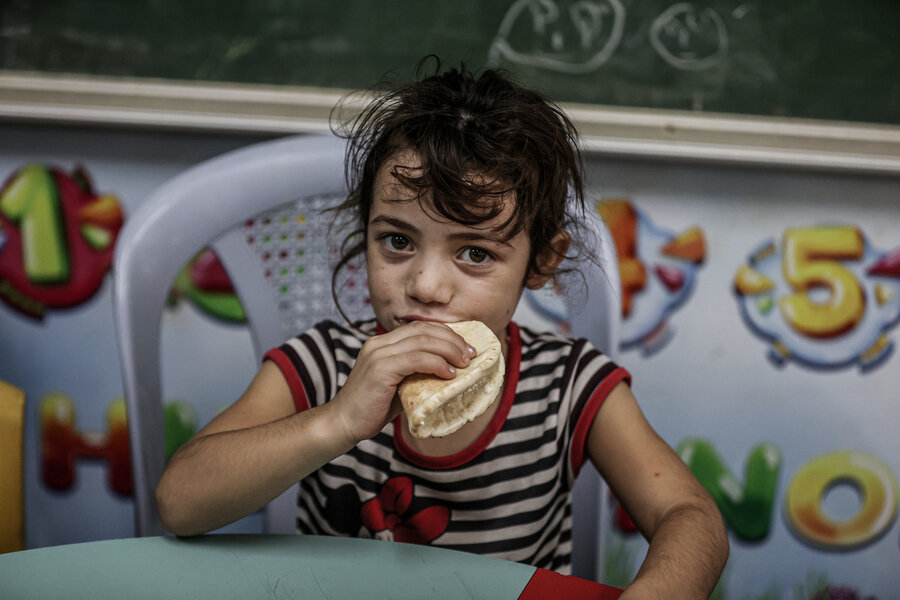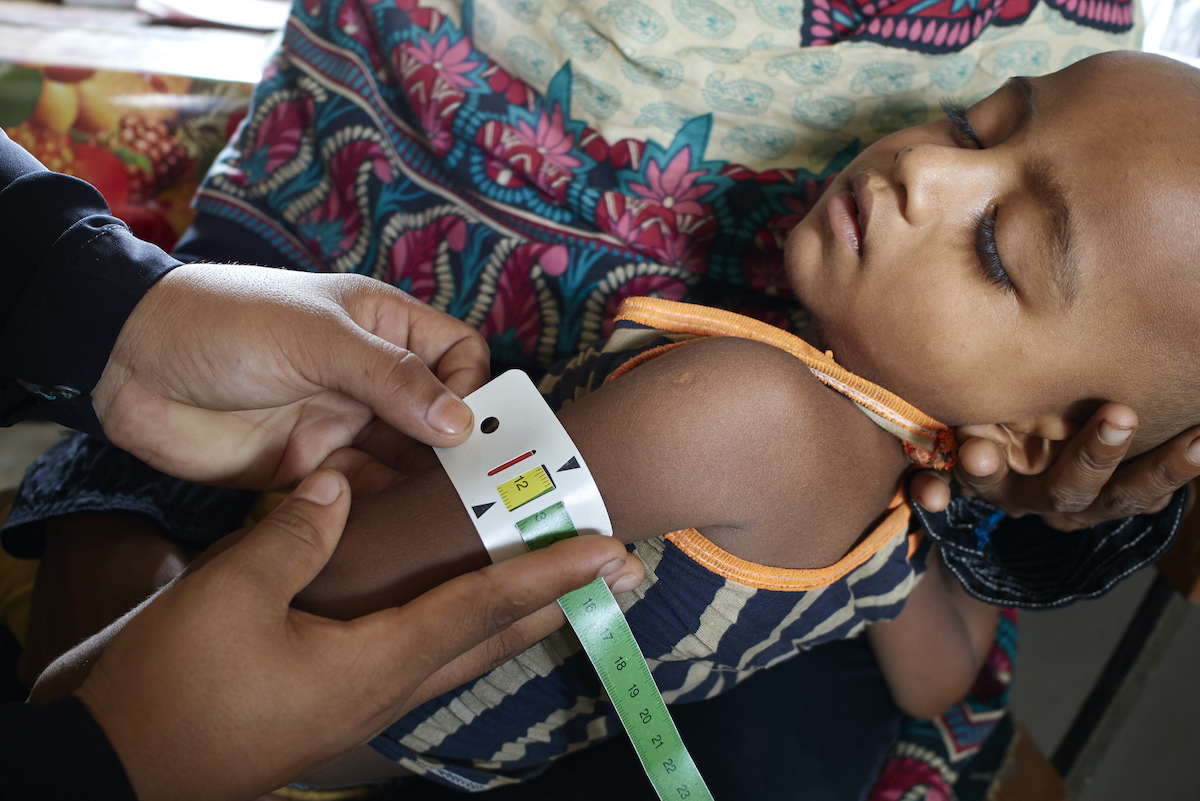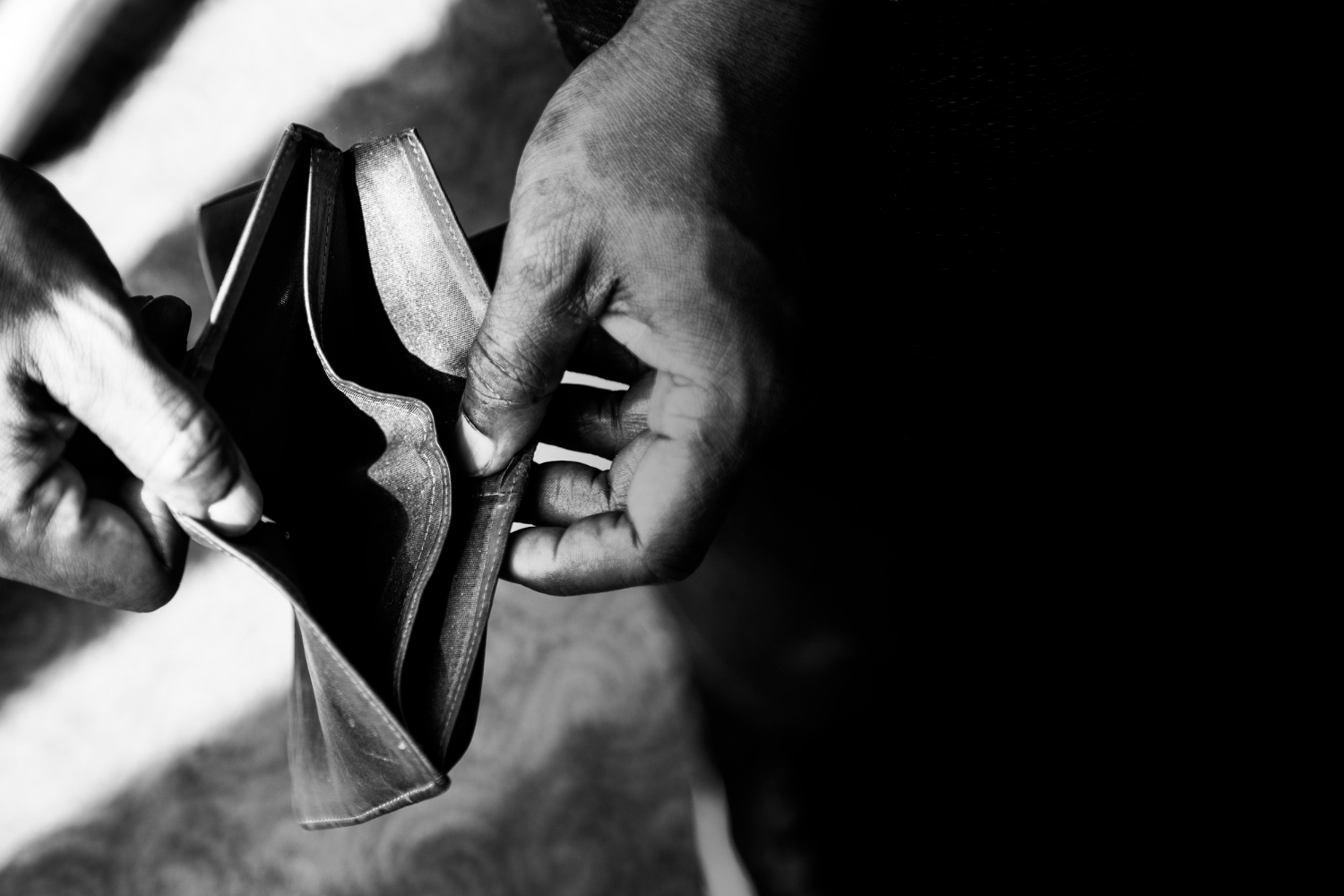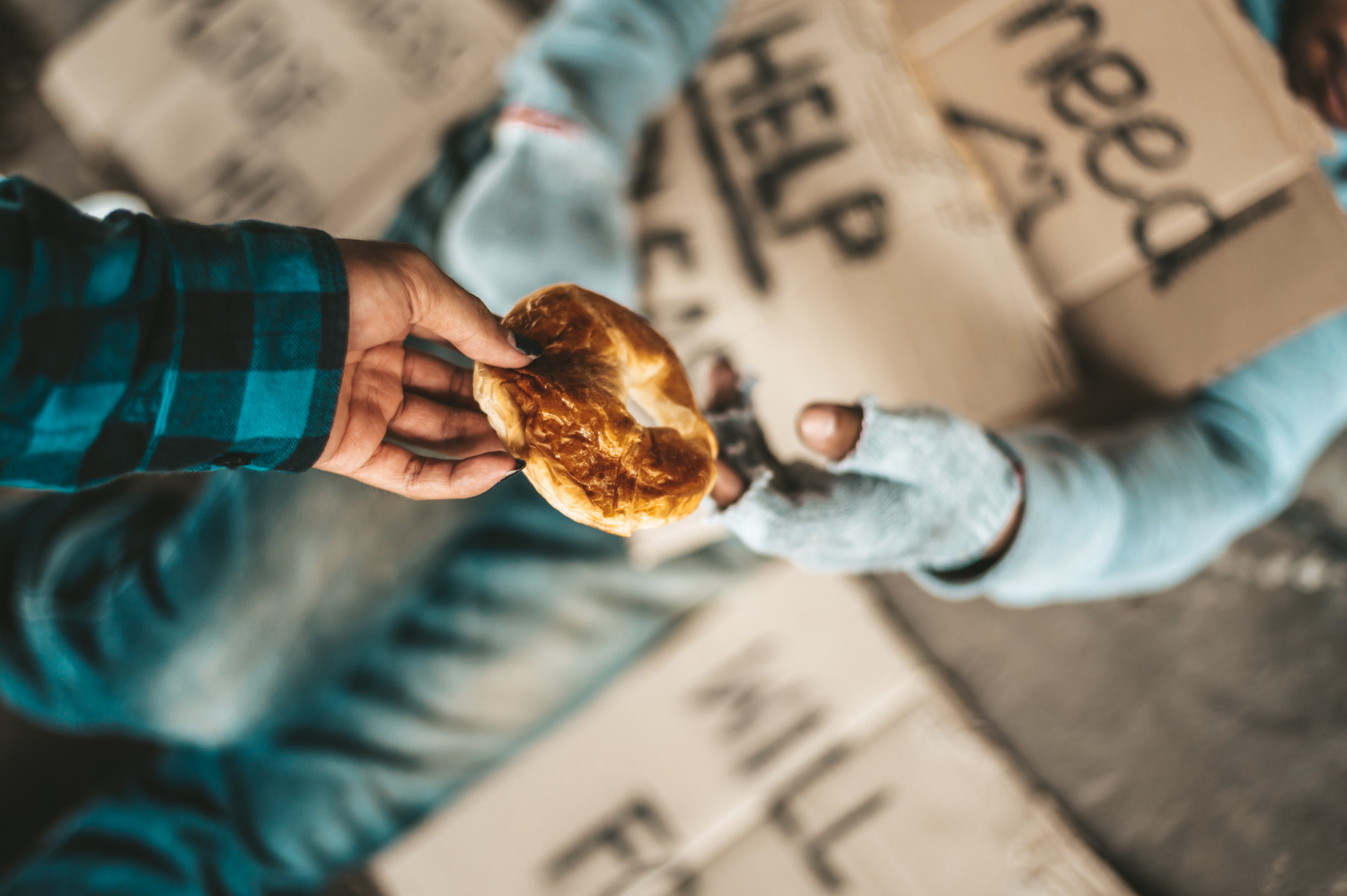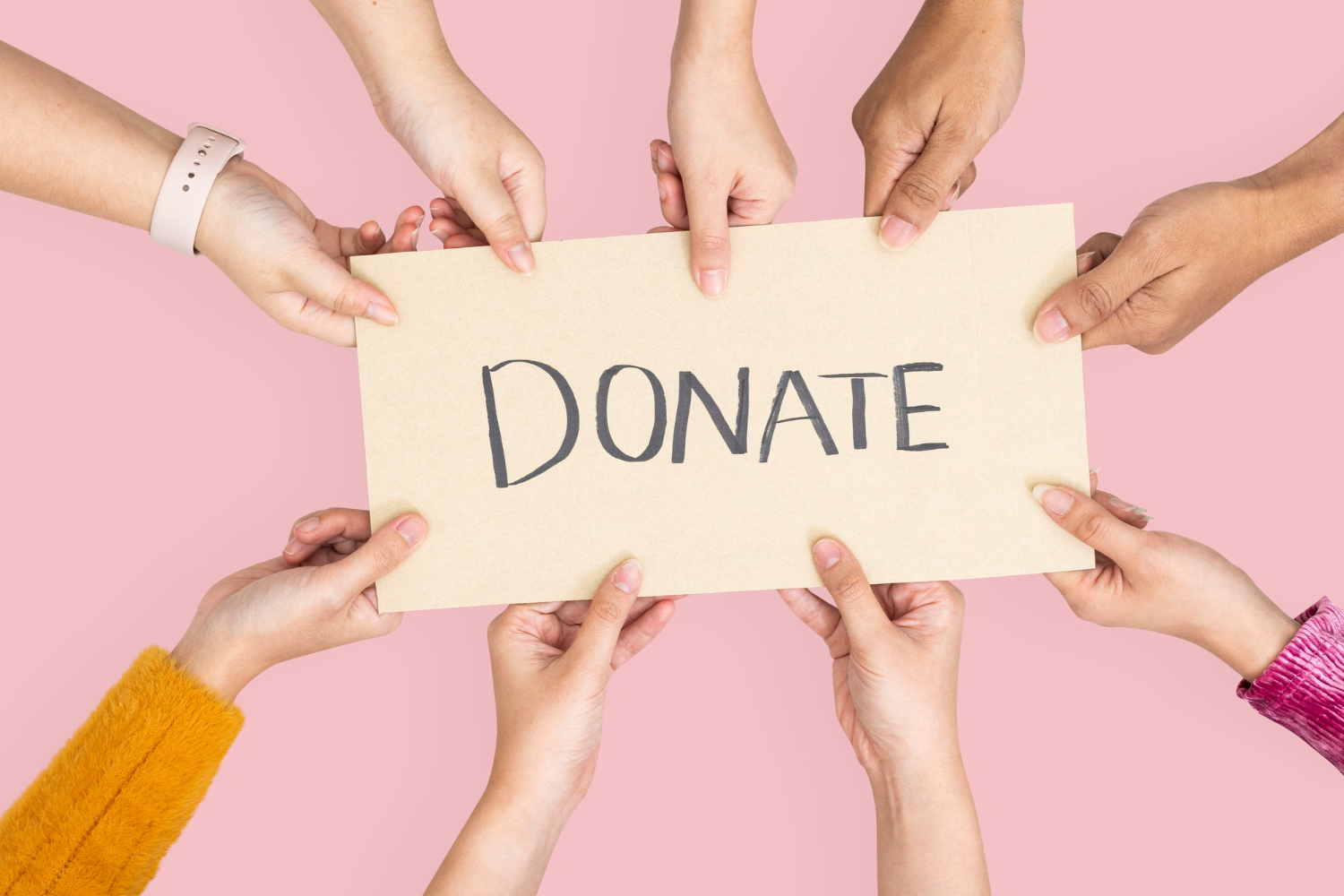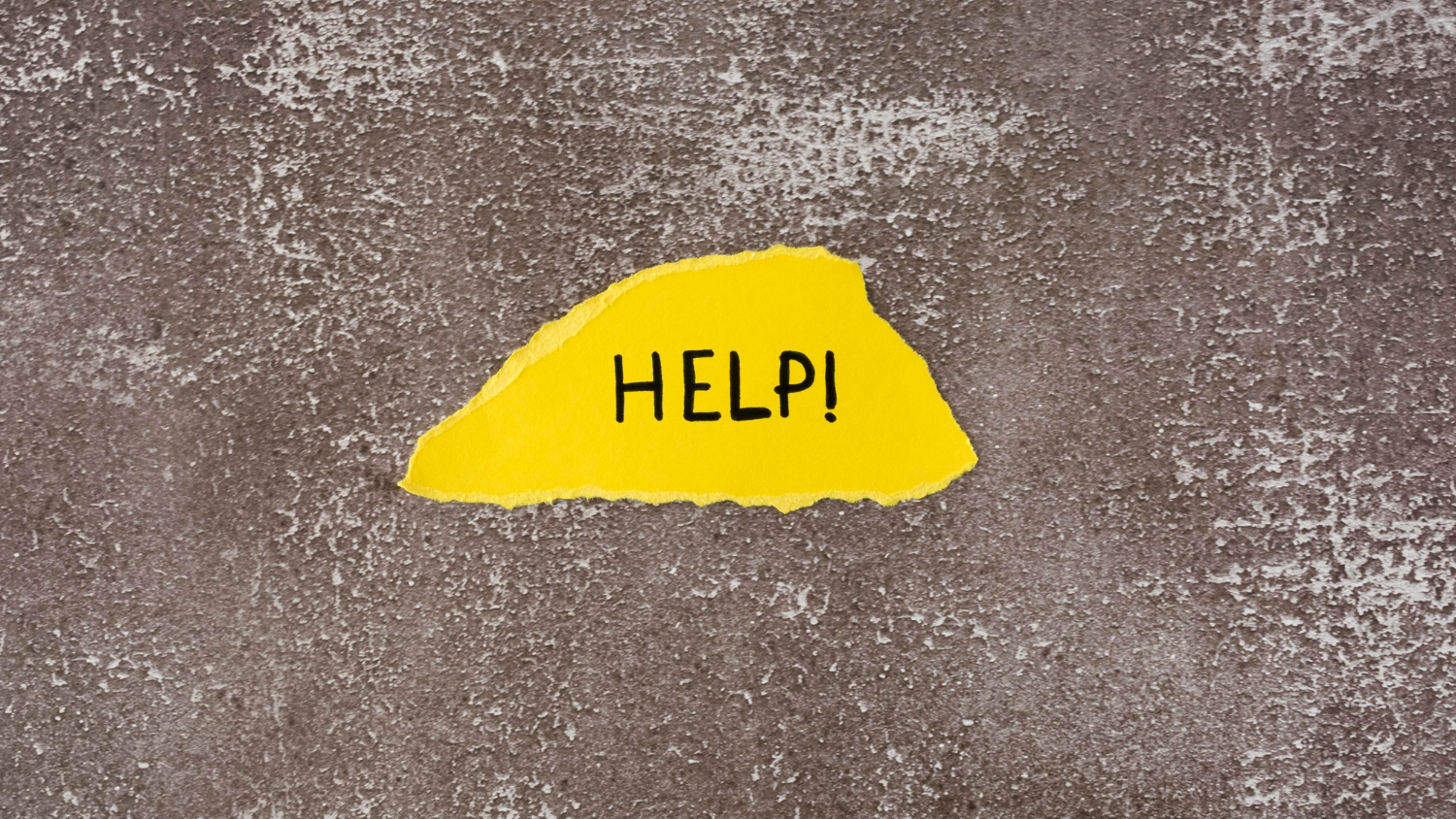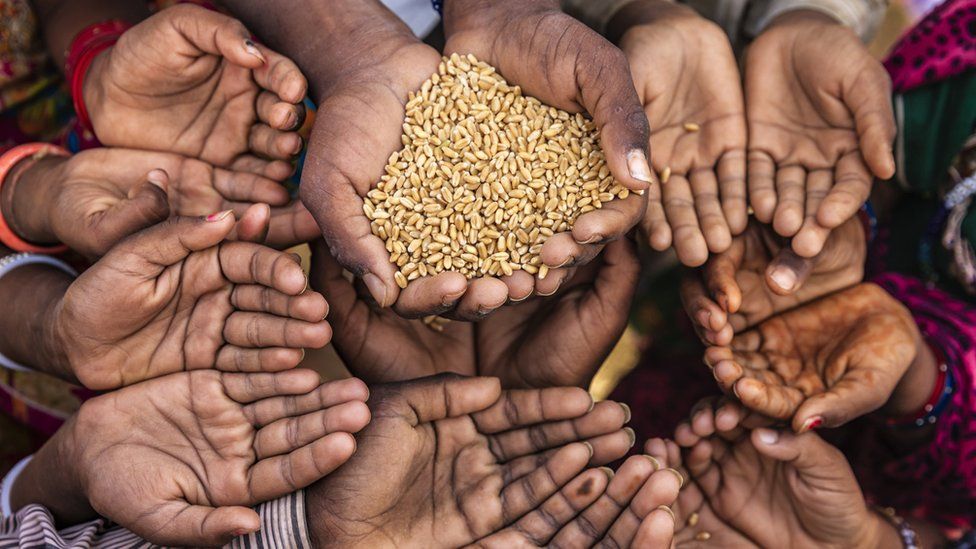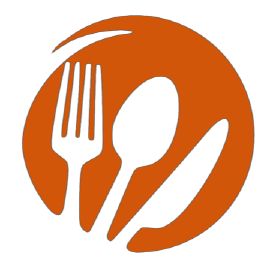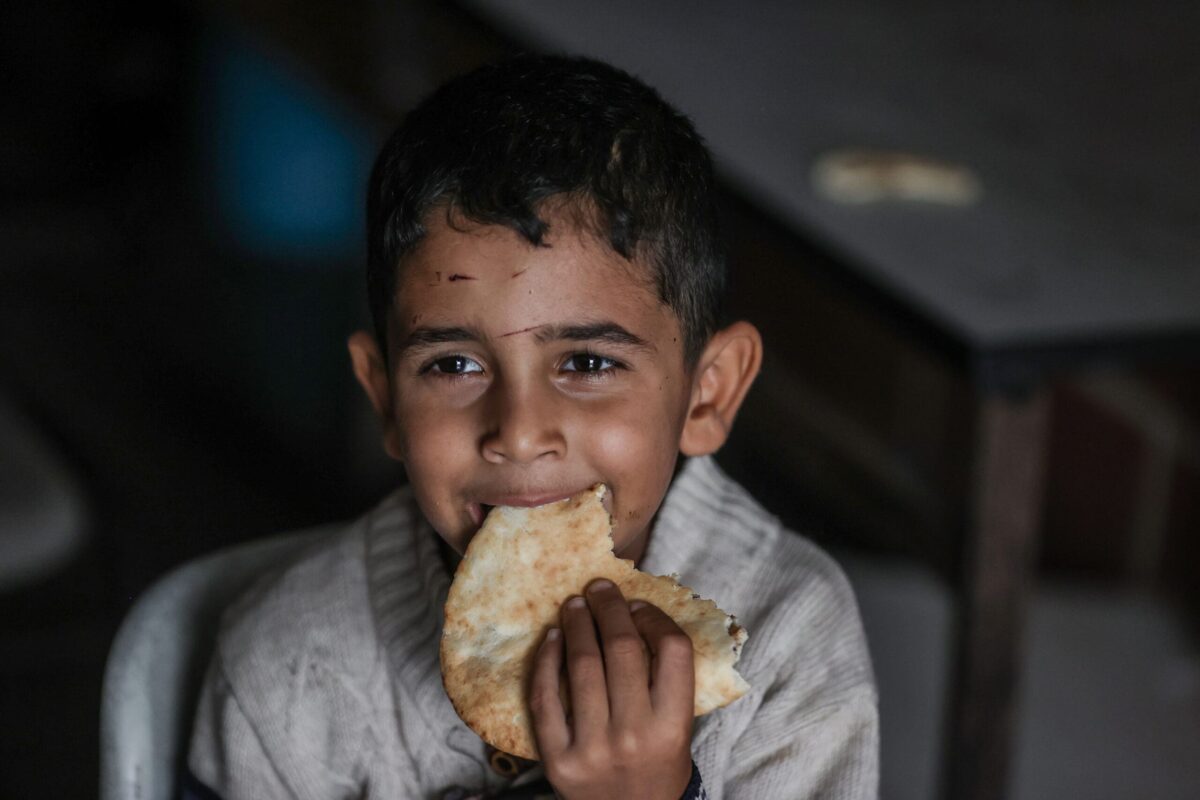
Abdul: A Smile After Surviving Severe Malnutrition
Abdul is a two-year-old boy from Yemen, a country that has been ravaged by war, famine, and disease for over six years. He was one of the millions of children who faced the risk of starvation and death due to severe acute malnutrition, a condition that occurs when the body does not get enough nutrients and energy to function properly.Abdul’s mother, Fatima, noticed that her son was losing weight and becoming weaker every day. He had no appetite, no energy, and no joy. He was constantly crying and suffering from diarrhea and infections. Fatima was desperate to save her son, but she had no money to buy food or medicine. She had to walk for hours to reach the nearest health centre, where she hoped to find some help.Fortunately, the health centre was supported by the World Food Programme (WFP), the largest humanitarian organization fighting hunger worldwide. WFP provides life-saving food assistance to millions of people in Yemen, especially children, pregnant and breastfeeding women, and internally displaced people. WFP also supports health centres and mobile teams that treat malnourished children with special therapeutic food and medical care.Abdul was admitted to the health centre, where he received a sachet of ready-to-use therapeutic food (RUTF) every day. RUTF is a peanut-based paste that contains all the essential vitamins, minerals, and calories that a malnourished child needs to recover. Abdul also received antibiotics and deworming tablets to treat his infections and parasites.After a few weeks of treatment, Abdul started to show signs of improvement. He gained weight and strength, his skin cleared up, his hair grew back, and his eyes brightened. He also regained his appetite, his energy, and his smile. He began to play with his siblings and other children at the health centre. He was no longer in danger of dying from hunger.Abdul’s story is one of hope and resilience in the face of adversity. It shows how WFP’s food assistance can make a difference in the lives of children who suffer from hunger and malnutrition. It also shows how WFP’s work is not only about saving lives but also about restoring dignity and happiness to those who have lost everything.
